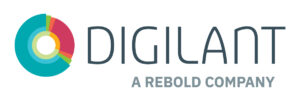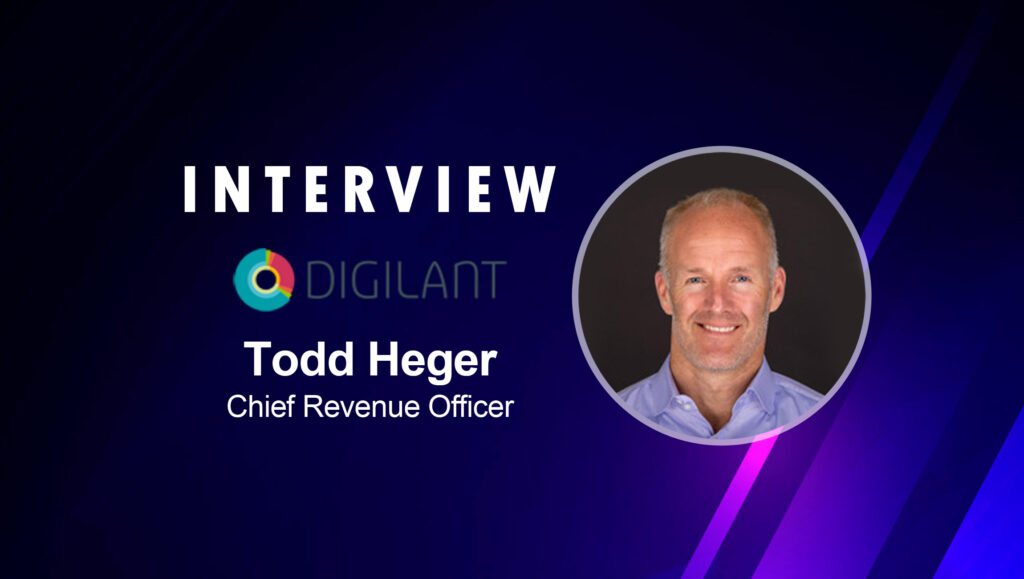The programmatic ad buying experience is changing; the transforming needs and behaviors of users during this new normal brought on by the Covid-19 pandemic is impacting how consumers want to be spoken to. Todd Heger, Chief Revenue Officer at Digilant joins us in this QnA to share a few trends and observations on how crucial it is for businesses to get their messaging right, especially now.
_____
Can you tell us a little about yourself Todd?
I’ve been in the business for over 20 years. I spent 5 years on the agency side and 15 years on the media side, working for companies like Bozell, ESPN/Disney and now Digilant where I’ve been for 7 years. What I’ve learned during this time is that the media business moves fast and that smaller companies like Digilant are often better positioned to keep up. For example, early on, media (mostly TV) was about GRPs, which then moved to banners and now we’re selling attribution models, cross channel reporting and aiding in the actual media strategy as well as the execution. I’ve also learned that as much as I love leading a sales organization, I also enjoy staying IN the business, not just ON the business – whether that’s growing personal relationships with our clients, working with our partnerships team to inform expanded capabilities based on client demand, talking to competitors and more.
Given your time in Sales, what are the biggest takeaways you have for Sellers and Business Development Reps of today?
Relationships cannot be ignored or undervalued. Unless your business is the First, Best or Only in a given market, your relationships with your clients are as important as the solution or product you are selling.
What are some of the most crucial skills you feel sales and marketing teams in AdTech should focus more on developing today?
Brevity is king and one of the hardest things to master in this complex business. Mastering brevity and keeping your message simple is critical for sellers and marketers in the media and ad tech industries where you can quickly get lost in technical jargon and bottomless features. Always lead with the benefits to them. Clients don’t care why you think your solution is so great and innovative. Ask what their challenges are and work to solve them.
Read More: Data Enrichment And Data Analytics Tools For Sales
What are some of your near-future predictions for programmatic ad buying and how will changing behaviors, lifestyles and user habits due to Covid-19 play a role here?
Third party cookies have historically been the “currency” of programmatic advertising, but with GDPR and CCPA compliance in effect and the ban of cookies across Google, Facebook, Safari looming, we’re starting to see a greater reliance on viable alternatives to third party cookies. This shift will trigger a fundamental change in how programmatic advertisers media plan. Out of necessity, first party data will become a larger part of programmatic media plans, but for advertisers who have yet to aggregate and first party data, context and placement will become the golden ticket to maintaining scale and engagement.
Of course, this is easier said than done. COVID-19 has heightened consumer expectations for advertisers. Consumers expect brands to step up and have greater discretion with what ads say and where they are placed – robust contextual data that includes sentiment and tone paired with smart placements can help.
Why should brands be focusing on an omnichannel approach to provide a seamless and more personalized experience to consumers, during these times especially?
Right now, it’s critical for advertisers to get their messaging right. This means, messaging needs to be timely AND it needs to be uninterrupted and meet consumers wherever they are along the customer journey. The number of channels consumers use to discover and shop brands and retailers is growing quickly, in large part due to the COVID-19 outbreak. Sure, consumers are spending more time on the internet and on social media, but we’re also seeing significant growth in emerging channels like streaming TV and podcasts. Having a singular, omni-channel strategy vs. siloed strategies will be the best way to keep up with today’s hyper-connected consumers.
Could you share some tips on how sales managers can help their teams re skill or upskill while maintaining productivity when working from home during the global pandemic? We’ve seen a lot of companies emphasize on reskilling initiatives during this time.
In sales specifically, sharing wins and losses is critical. I hold weekly meetings with the full sales or hold smaller sales meetings by region. These meetings prompt sellers to break down the messaging, tactics and touchpoints that brought them to a sale (or didn’t). During the COVID-19 pandemic, these meetings have been particularly useful because they are a training ground for how to effectively overcome objections, navigate competitors and more.
What are some of the ways in which you still see gaps between marketing and sales teams? How would you tell them to fix this?
At many organizations marketing sales are at odds and this is due to marketing missing the mark on what sales needs to ensure next sale. Certainly, there is a place for brand building, but in an industry like ours we can’t wait and see how the next large marketing push moves the needle. Yes, we need “air cover,” but we also need material supports that drive business here and now. How to fix this? Over-communicate and consider marketing an extension of the sales team – invite marketing to sales meetings and to be a fly on the wall for sale pitches, client on-boarding, etc. so they can see first-hand the gaps they can fill.
Read More: Biggest CRM Fails And How To Avoid Them!
As a Sales leader, in a challenging environment due to the Covid-19 pandemic, what are some of the ways in which you are enabling a balanced remote work culture while maintaining motivation levels?
Work-life balance is huge. We’ve implemented mandatory mental health days in addition to our regular holiday calendar and open leave policy. We are continuing to offer summer Fridays to employees to encourage time off. We ensure coverage for employees taking time off so they can completely turn off and return to work recharged. Weekly, we host “Meditation Mondays” and make a conscious effort to recognize employees for a job well done through our “Good Vibes” email thread and Slack channel.

Digilant is an omni-channel digital advertising partner, designed for both agencies and brands. They connect people and technology to create a perfect blend of strategy, insight and efficiency that will elevate any marketing team to find massive success.
Todd Heger is the Chief Revenue Officer at Digilant





















